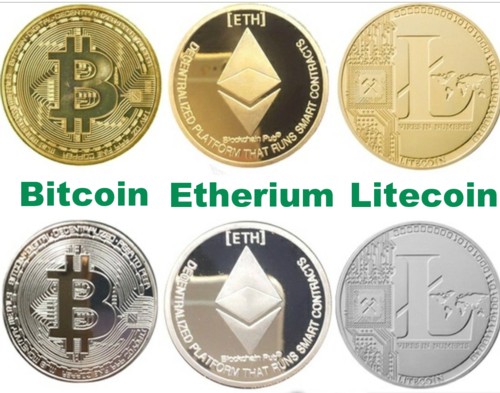In the no so distant past, there was this craze called Bitcoin. Bitcoin, the worlds leading cryptocurrency. It's like digital money that's spread out all over the world and nobody really owns it. It's kind of like the money of the Internet. Way back in 2009, you could buy one Bitcoin for less than a dollar! Can you believe that? But then, by February 2017, the price went up to around $4,000 for each Bitcoin. And by the end of 2017, it was crazy expensive, like $17,000 for just one!
But then, in January 2018, the price started going down a bit. Now it's around $11,000 for a single Bitcoin. Some people think it might go up to $40,000 by the end of 2018, and others even say it could reach $200,000 someday! Surprise surprise at the turn of 2024 one bitcoin is worth $43,175.70
You see, all these other digital coins, like Litecoin and Bitcoin Cash, are kind of like branches of the Bitcoin tree. They all come from the same place, the Bitcoin "blockchain." It's like the main trunk of the cryptocurrency tree, and the other coins are like the branches or leaves. But unlike a tree that grows its own branches and leaves Bitcoin doesn't. In order for a Bitcoin investor's value to increase, somebody else have to loose theirs.
But there are also some other digital coins out there that aren't related to Bitcoin at all. They're like their own separate trees in the cryptocurrency forest. So yeah, Bitcoin is a big deal, and it's changing the way we think about money and the Internet. But who knows what the future holds? It's all just a big guessing game for now.










